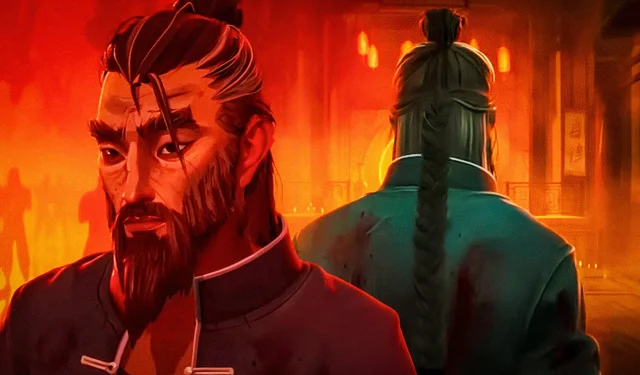
This article contains spoilers for the first season of Secret Level, particularly the episode titled “Sifu: It Takes A Life,”currently available on Prime Video.
Overview of Secret Level’s Adaptation
Secret Level embarks on an ambitious reimagining of the video game Sifu, reinterpreting its central theme while bringing forth a distinctive narrative. This animated anthology draws inspiration from various video games, allowing for diverse storytelling methods across its standalone episodes. The original Sifu narrates the gripping journey of a martial artist seeking to defeat those responsible for his father’s murder, facing wave after wave of adversaries in the process. A unique aspect of Sifu’s narrative is its resurrection mechanic, enabling the protagonist to rise from death while aging profoundly with every revival.
The Consequence of Resurrection
The storyline delves into a gripping examination of life and death, as each resurrection does not come without cost. With every return, the protagonist—referred to as the Student in the game and as MC in the series—ages significantly, making this journey one of both physical and emotional toll. While both the game and Secret Level share similar resurrection themes, the animated adaptation opts for a different approach to character development, emphasizing the transformation of youth into age through the lens of vengeance.
Sifu’s Mysterious Talisman: A Central Element
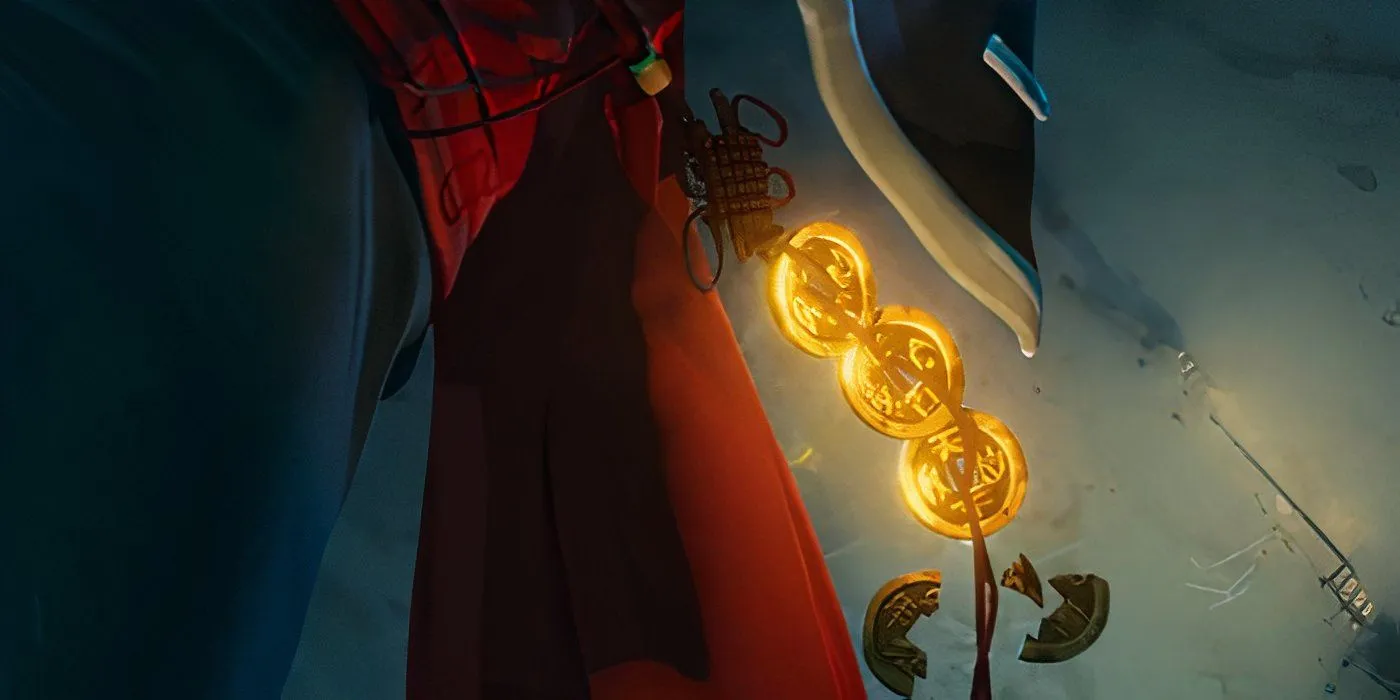
The element of supernatural significance in this narrative is encapsulated by the mysterious talisman, responsible for MC’s ability to resurrect. This crucial artifact, originally belonging to his father, adds depth to the story, hinting at a tragic history that fuels the pursuit of revenge. Between deaths, MC seeks to hone his skills, studying previous failures in combat to better adapt and survive subsequent encounters. While the animated series does not provide the full lore of the talisman, it indeed presents a compelling narrative arc focused on personal growth against the backdrop of vengeance.
A Shift in Adversaries
Reimagining the Final Conflict
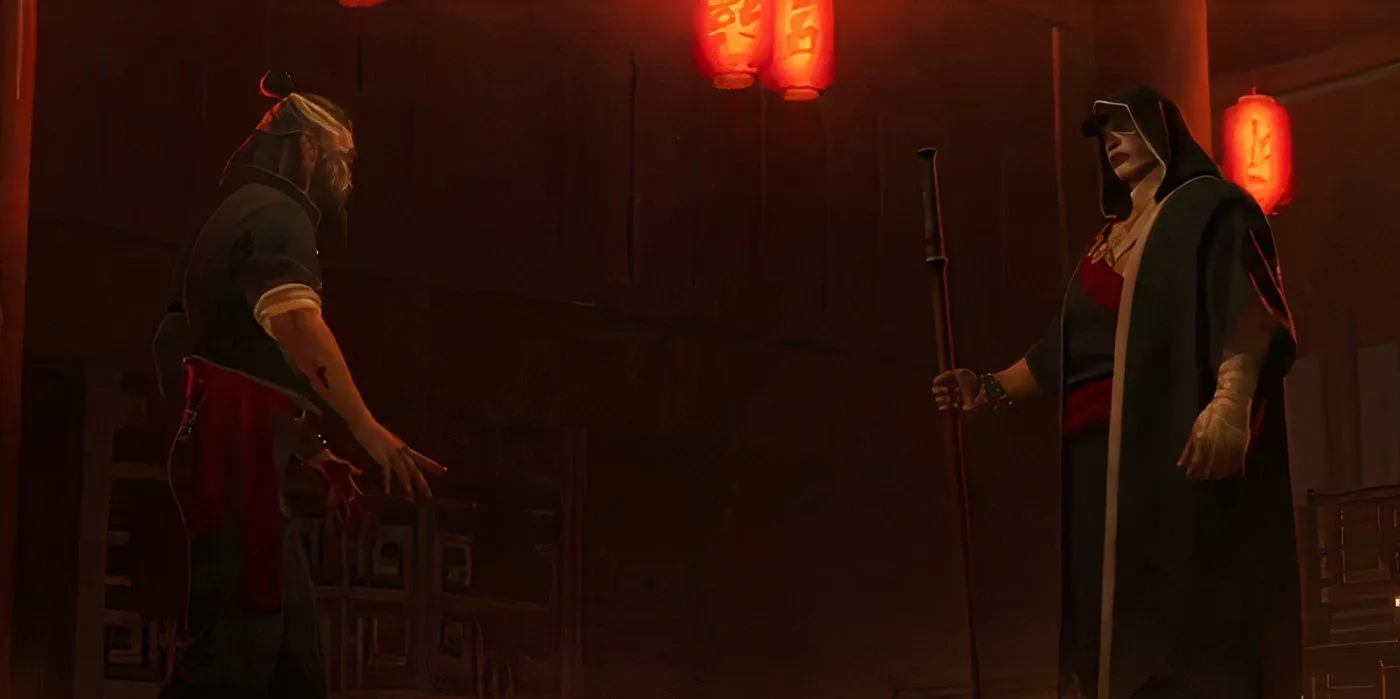
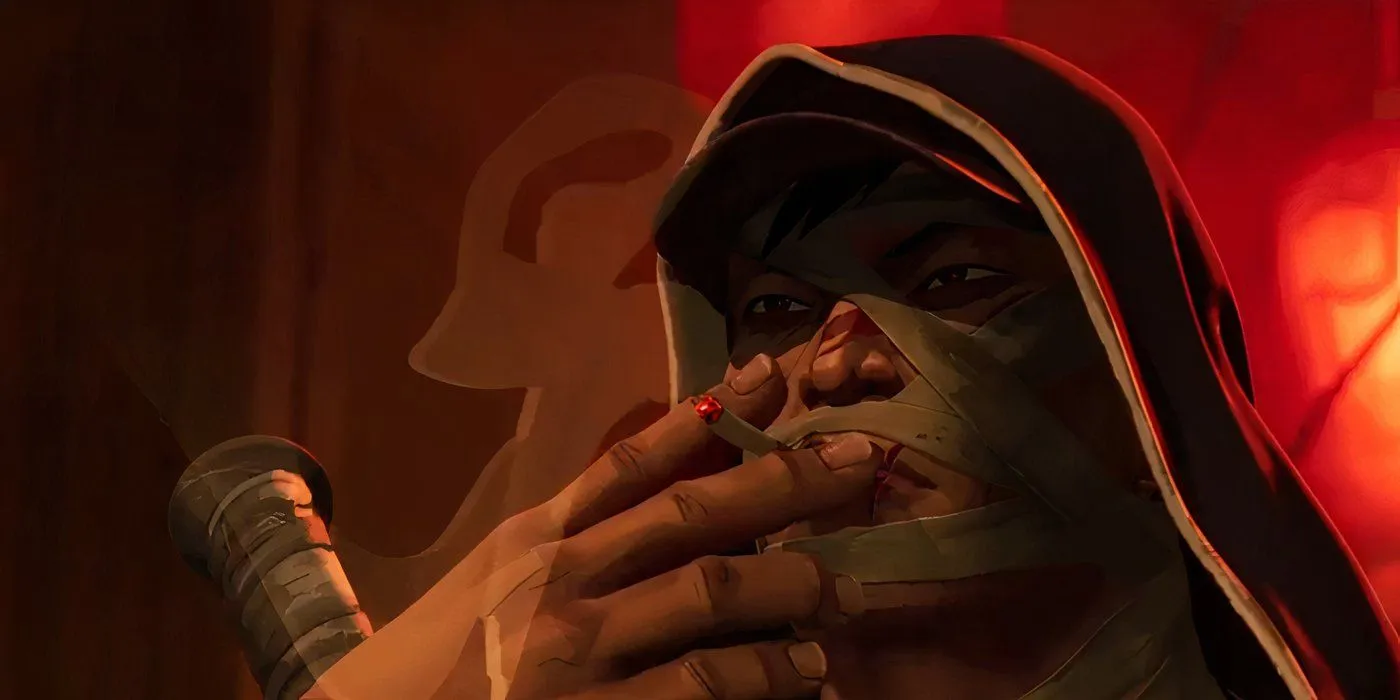
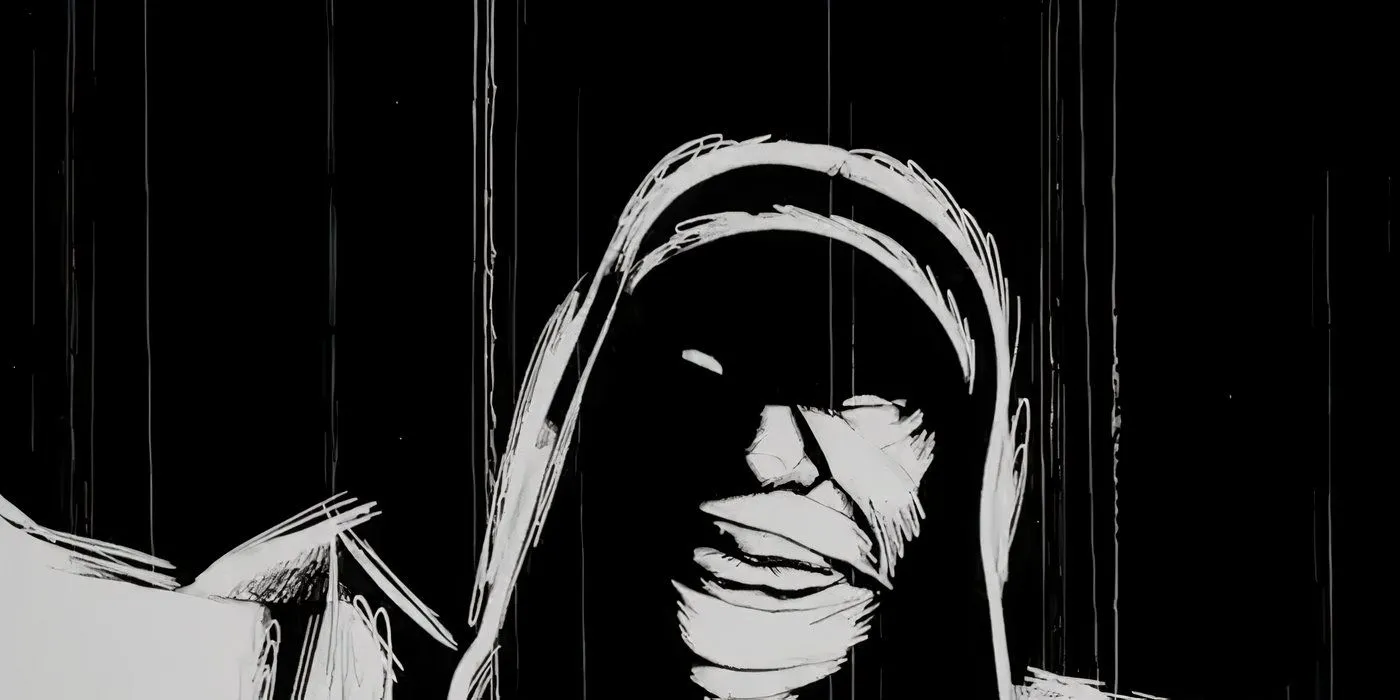
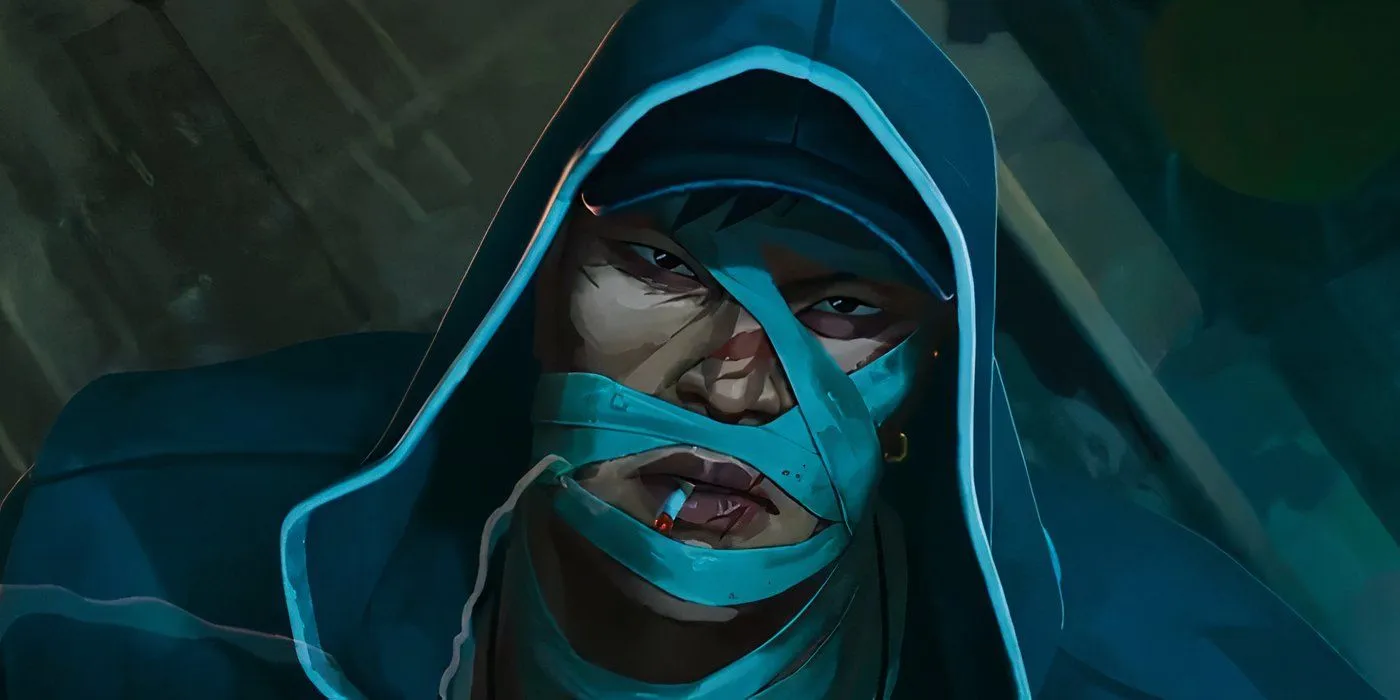
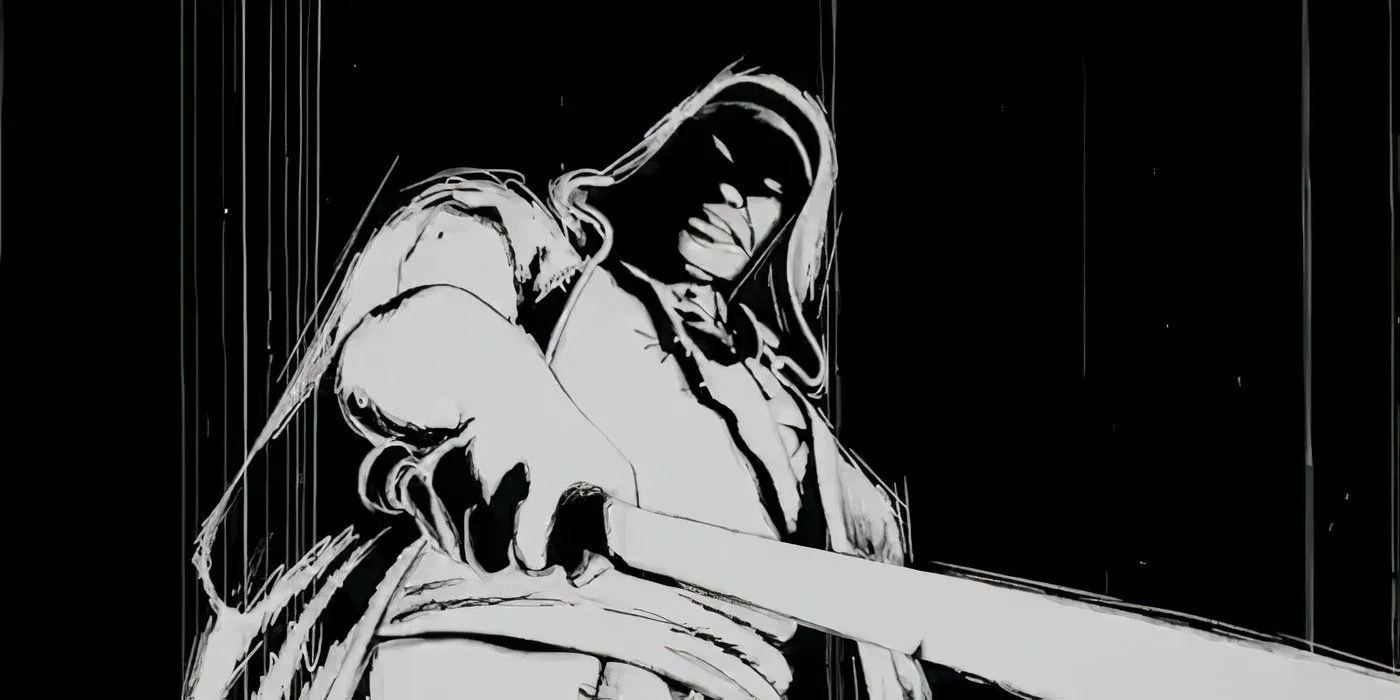
In a significant departure from the game, the main antagonist in “Sifu: It Takes A Life”is Sean, a brutish crime boss. The storyline unveils Sean’s brutal past of violence, marking him as the pivotal figure in MC’s quest for retribution. Unlike the game, where Sean is merely one of several bosses, Secret Level elevates him to the primary target, shifting the dynamics and weight of the narrative. The tension culminates in a confrontation that underscores the lengths MC is willing to go for vengeance, albeit after several rebirths.
| Main Villains in Sifu (2022) |
| Which |
| Jinfeng |
| Kuroki |
| Sean |
| Dawn |
Exploring Moral Themes
The Diverging Paths of Vengeance
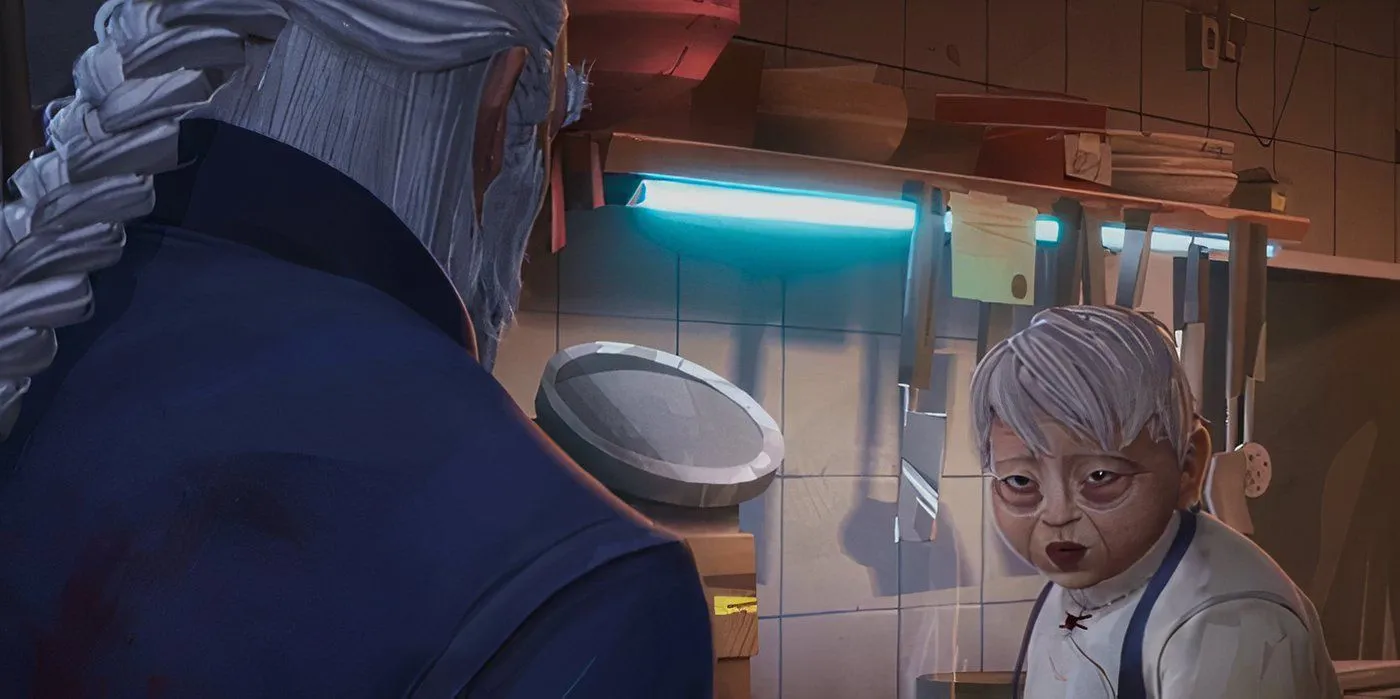
Both adaptations of Sifu delve into themes of vengeance, examining the protagonist’s willingness to sacrifice years of life to fulfill his quest. However, the resolutions showcase stark contrasts. The game emphasizes the importance of mercy and the philosophical teachings of Wude, encouraging players to exhibit restraint and compassion even amid turmoil. To achieve the game’s true ending, players must vanquish but ultimately spare the lives of their adversaries, breaking the cycle of vengeance.
On the other hand, “Sifu: It Takes A Life”does not adhere to this moral framework. The narrative culminates in violent confrontation without engaging the philosophical inquiries posed in the game, thus presenting a more straightforward, albeit tragic conclusion to MC’s journey.
The Core Message of Secret Level’s Sifu
Reflections on Life and Legacy
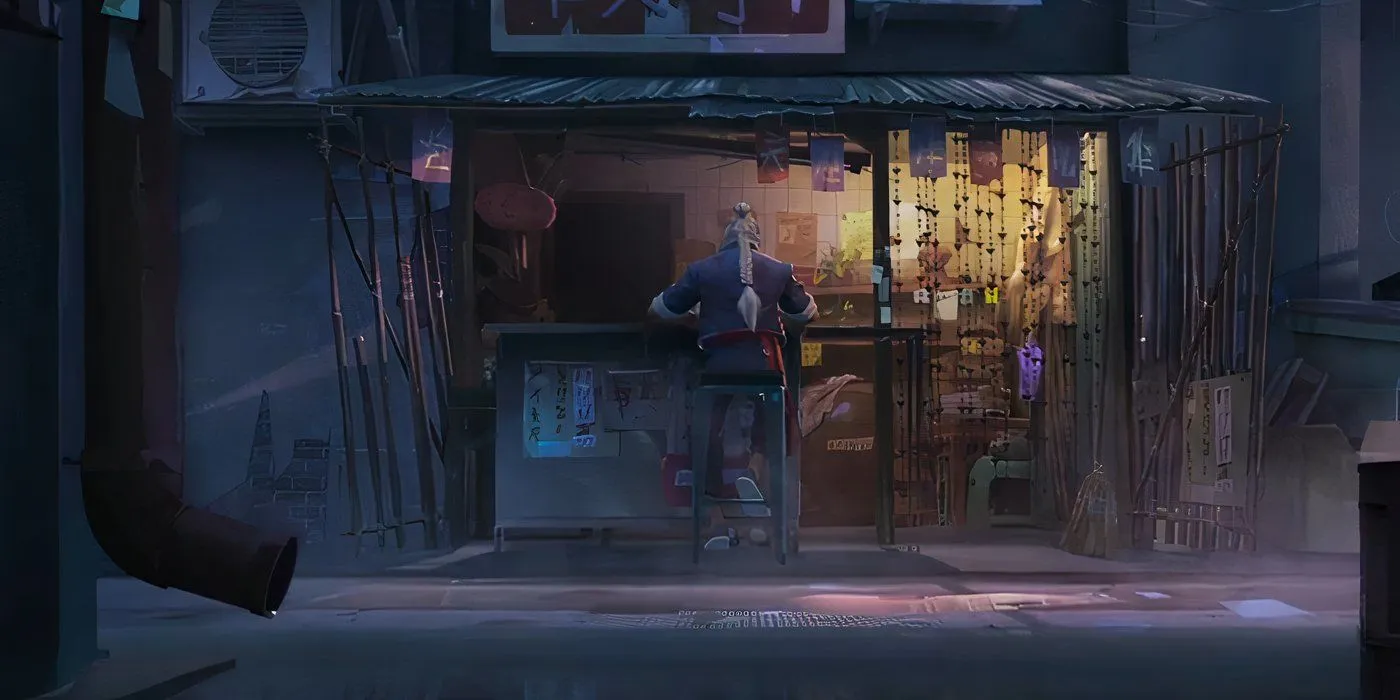
The episode concludes with a poignant moment as MC, now aged, returns to a previously visited dumpling shop, contemplating the worth of his life spent in pursuit of revenge. Engaging in a deep conversation with Li about their respective journeys, the episode emphasizes understanding and connection. Unlike the game, there is a noticeable absence of references to mercy in this adaptation, honing in on the personal costs associated with the relentless quest for perfection.
The thematic undercurrents of “Sifu: It Takes A Life” suggest that, despite the costs, MC’s relentless pursuit of vengeance engendered meaning in his life, a stark contrast to the more redemptive narrative arc available in the game. It offers a compelling reinterpretation of the character’s journey, while still visually and thematically tethered to the source material.
Sifu is available for play on multiple platforms, including PlayStation 4, PlayStation 5, Windows, Nintendo Switch, Xbox One, and Xbox Series X/S.
The comparative analysis highlights the intriguing ways in which Secret Level reinterprets the original’s themes, pushing viewers to consider the nature of revenge and the moral implications of their choices.




Leave a Reply